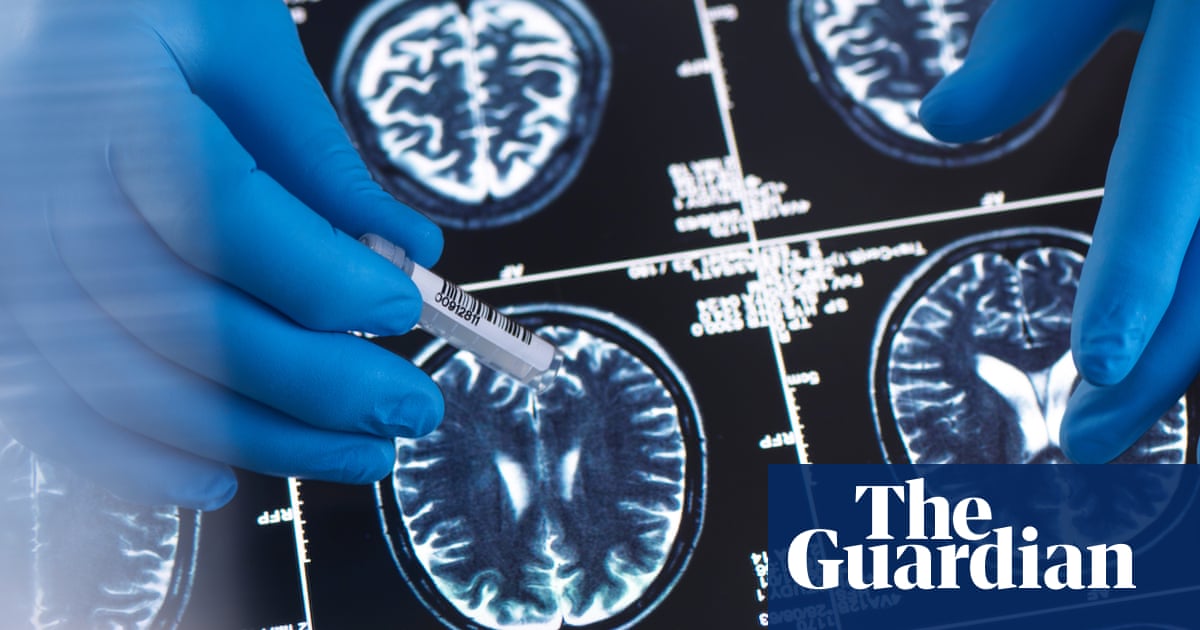
"Participants who were more optimistic showed greater similarities in the patterns of their brain activity in a region involved in future-oriented thinking, called the medial prefrontal cortex."
"Optimists tend to use a shared neural framework for organizing thoughts about the future, reflecting a similar style of mental processing rather than identical ideas."
"The foundation of social success for optimists might be this shared reality, indicating that their brains are on the same wavelength."
"Yanagisawa suggested that diverse brain activity among pessimists might reflect their concerns in thinking about negative scenarios."
Research indicates that optimistic individuals demonstrate comparable brain activity patterns in the medial prefrontal cortex when considering future scenarios. This shared neural framework suggests similar mental processing styles among optimists. In a study involving 87 participants who completed a questionnaire and underwent MRI scans, those with higher optimism exhibited greater similarities in brain responses. This may explain why optimists tend to experience more social success, as they might perceive their futures within shared frameworks of socially accepted goals, unlike pessimists who may reflect greater variability in their concerns.
Read at www.theguardian.com
Unable to calculate read time
Collection
[
|
...
]